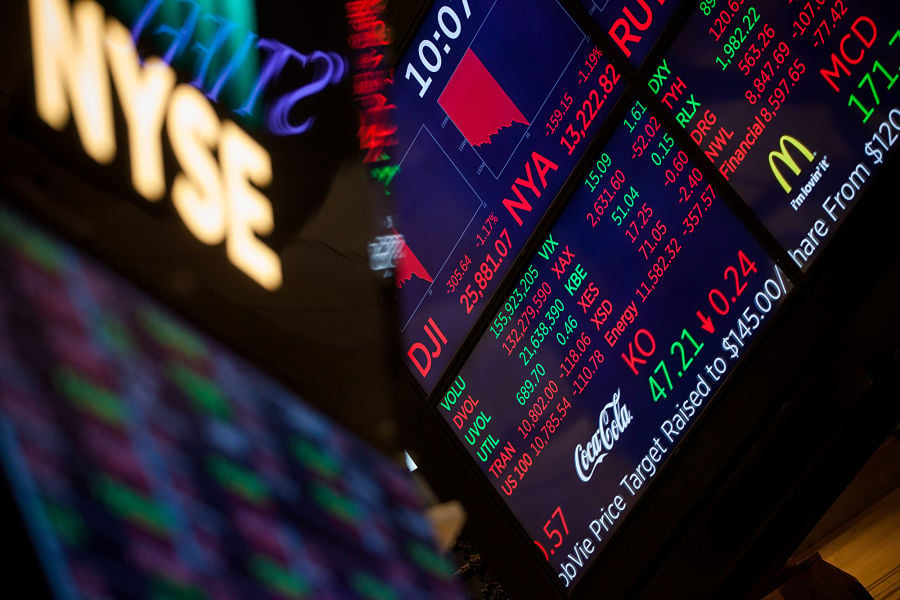

Think back to December. Does the name of any economist or investment professional come to mind whose forecast for the next six months called for the stock market to reach new highs, then plunge and recover; for unemployment to zoom from virtually nonexistent to Depression-level double digits; and for the Federal Reserve to effectively take over the bond market? Safe to say, no one in the financial guru community made such a call.
If the events of the past six months have changed investor perspectives in any way, it’s probably that financial prognostications are now greeted with more skepticism. The hard-won acknowledgment of uncertainty in the markets in recent months is another step in the evolution of how the public perceives the financial adviser’s role. From being pickers of stocks destined to rise, many clients and potential clients now see advisers as knowledgeable guides — experts who can help them reach important life goals, with an emphasis on the money-related aspects of that journey.
Most advisers, of course, have been moving in that direction for some time. The increasing popularity of passive investing over the years has shown that many investors have come to recognize how difficult it is to pick winning stocks on a consistent basis. They no longer expect their adviser or even full-time, big-name fund managers to be able to do that. The impact of the coronavirus pandemic — an event some financial professionals may have anticipated in theory, but not with any specificity — has demonstrated that uncertainty surrounds even general economic forecasts.
But uncertainty need not be a negative. Even if their forecasts don’t precisely come to pass, the economic and market views of experts, such as those who participated in a recent InvestmentNews virtual roundtable, are valuable because they provide advisers with enlightened perspectives on forces shaping investment decisions.
For advisers, the reality that clients now expect less of them in terms of prognostication ability and certainty is liberating and encouraging. Freed from accomplishing what is impossible, advisers can provide the insights and guidance that clients and prospects actually want, that actually increase real-life certainty and are totally within an adviser’s power to deliver.
Help with budgeting, for example, advice on the best vehicles for education saving, understanding Social Security and Medicare benefits, mastering the intricacies of IRAs and workplace savings accounts, and identifying ways to minimize one’s taxes are what millions of Americans need and want — and welcome from financial advisers who provide such direction.
For other clients, assistance with managing the financial affairs of disabled children or elderly parents, and help with investing according to religious, environmental or social principles also provide great value.
Delivering advice that has little directly to do with market performance has proven to be satisfying professionally, emotionally and financially, as countless advisers can attest. For those advisers and their clients, therefore, dealing with greater economic and market uncertainty may be less of a challenge than many believe it to be.

Driven by robust transaction activity amid market turbulence and increased focus on billion-dollar plus targets, Echelon Partners expects another all-time high in 2025.

The looming threat of federal funding cuts to state and local governments has lawmakers weighing a levy that was phased out in 1981.

The fintech firms' new tools and integrations address pain points in overseeing investment lineups, account monitoring, and more.

Canadian stocks are on a roll in 2025 as the country prepares to name a new Prime Minister.

Carson is expanding one of its relationships in Florida while Lido Advisors adds an $870 million practice in Silicon Valley.
RIAs face rising regulatory pressure in 2025. Forward-looking firms are responding with embedded technology, not more paperwork.
As inheritances are set to reshape client portfolios and next-gen heirs demand digital-first experiences, firms are retooling their wealth tech stacks and succession models in real time.
